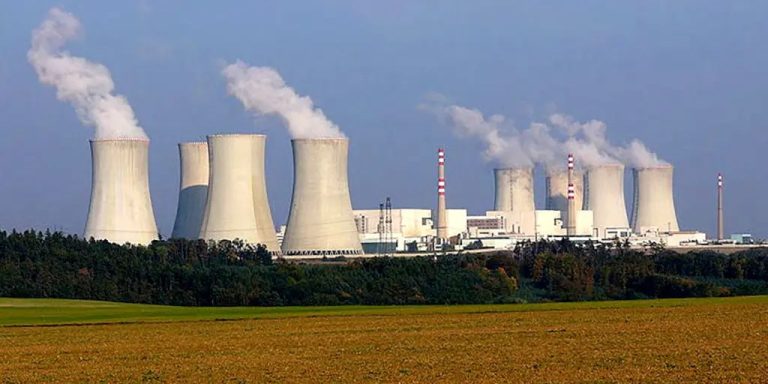Ross Pomeroy
At the turn of the new millennium, Germany launched an ambitious transition to renewable energy. The “Energy Transition” has initiated a massive expansion of solar and wind energy. By 2022, carbon emissions will be reduced by 25% compared to 2002, which is commendable.
But while the Energiewende cuts pollution by building renewable energy, it also phases out Germany's safe, carbon-free nuclear power plants, a long-term goal of environmentalists concerned about the significant (but actually small) dangers posed by nuclear energy. ). The result is a waste of energy for both consumers and the environment, according to a new analysis recently published in the International Journal of Sustainable Energy.
In 2002, nuclear power supplied about one-fifth of Germany's electricity. Twenty-one years later, it offers nothing. A layman might think that cheap wind and solar energy could simply fill the gap, but it's not that simple. Once up and running, nuclear reactors provide reliable, affordable “baseload” power—power that is always available. Short-lived renewable energy simply cannot match the consistency of nuclear power. As developed economies like Germany require a 100% reliable grid, fossil fuel power plants burning coal and natural gas are beginning to come online to make up for the shortfall in wind and solar power.
The net result of German politicians' short-sighted behavior in phasing out nuclear power is a sharp rise in grid prices. New analysis suggests that if the Germans maintained their 2002 fleet of reactors until 2022, they could save themselves around €600 billion. Why so many? Well, in addition to construction costs, renewable energy also requires expensive grid upgrades and subsidies. Furthermore, in the hypothetical scenario of retaining nuclear power, Germany’s carbon emissions would be reduced by almost the same amount.
Jan Emblemsvåg, professor of civil engineering and analytical architect at the Norwegian University of Science and Technology, imagined another scenario out of curiosity. What if the Germans used the money spent on expanding renewable energy to build new nuclear power capacity? According to his calculations, they could cut their carbon emissions by an additional 73% by 2022, while saving €330 billion compared with the huge costs of the energy transition.
Policymakers in other countries seeking to decarbonize their grids should take note.
This article was originally published by RealClearScience and provided via RealClearWire.
Relevant
